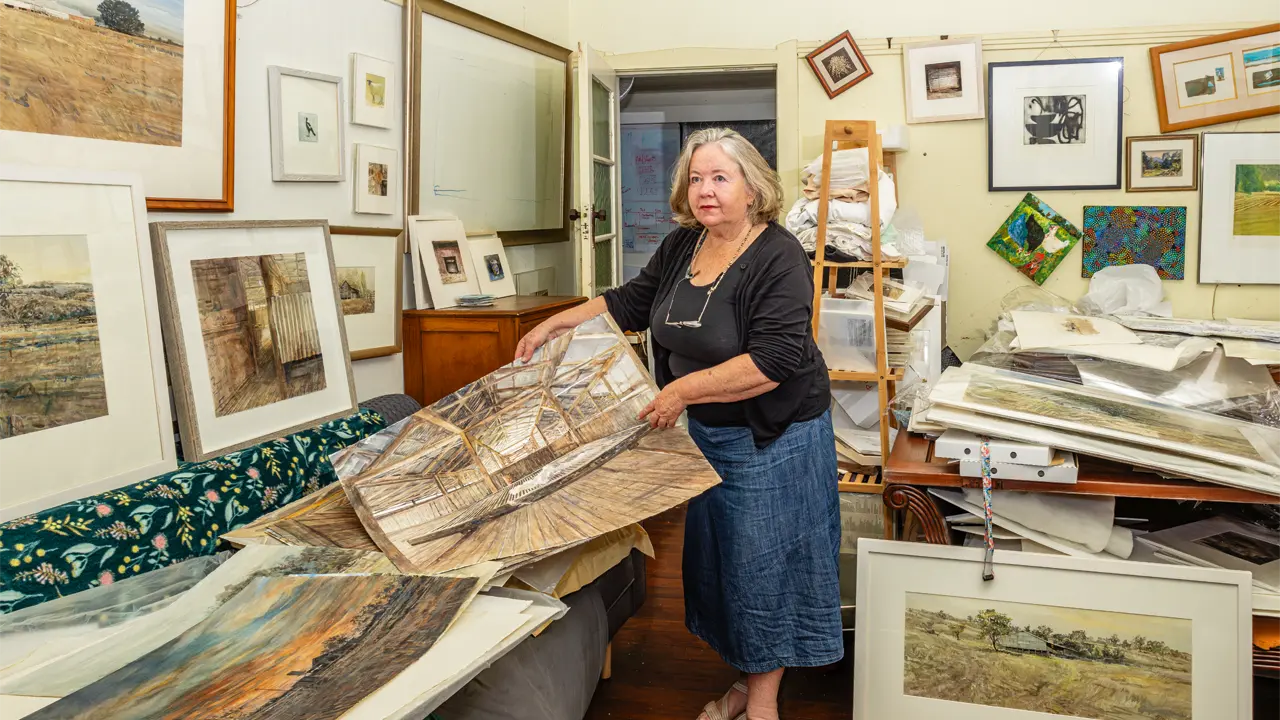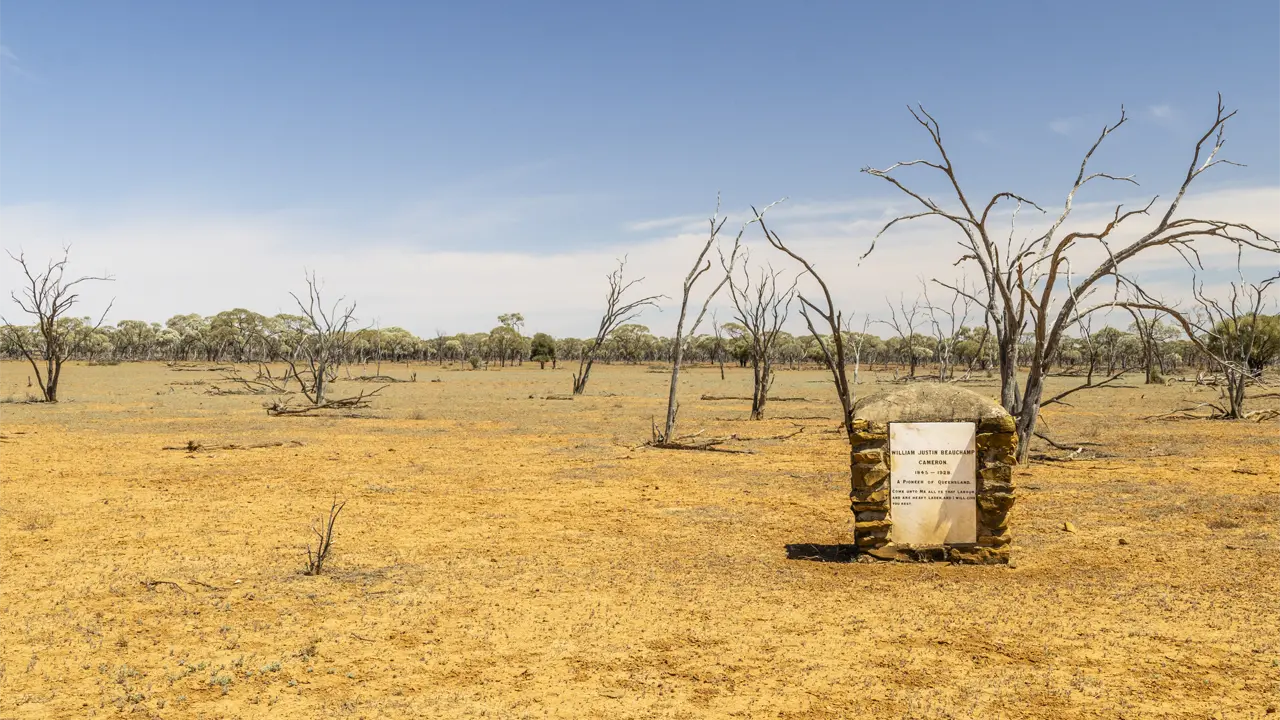St Hilda’s School supports elite athletes and star performers with its Athena program, helping them balance their intense training and competition schedules with schoolwork.
Story Ken Eastwood
Sophie Coleman, in year 12, grew up on a cattle and cropping property at North Star, in northern NSW, with no real idea of what rowing was, until her sister became a champion. Now she is an elite rower herself with a ferocious training schedule. Five mornings a week before school she’s on the water for two hours, and then has sessions four or five afternoons a week in the gym or on a rowing machine. She says her academic performance has been tremendously helped by the support she gets in the Athena program, particularly when she’s away at a rowing regatta. “Athena helps me juggle how I organise time with my exams,” she says. “I think I’m more organised than I would be without it – it makes me use my time more efficiently."
St Hilda’s Athena program is designed for girls like her in elite programs that take them away from regular schooling.
About 5% of the 900 St Hilda’s girls between Year 4 and Year 12 are in the Athena program. They have an advocate in teacher Lisa Cleverly, Head of Athena, who talks to their teachers and boarding staff about their special needs to ensure they can continue training and performing at a high level, while not getting behind in their grades. They might receive leniency in terms of assignment deadlines or homework, or help in planning exam times when they are away for competitions.
Lisa says she has regular chats with parents and teachers of all the girls in the program, developing a support plan for each. “We offer that extra pastoral support for the girls – they can be in any sport or cultural activity – so that they can do that activity and achieve academically as well,” she says. “We have athletes who are training up to 30 hours a week. So we have a look at how they are using their time. In the boarding house, we might need to be flexible with dinner times and what is available to help them when they come back from training. They might have a different time allocated for their prep. Or we might need to be flexible in allowing a study period during school time, so that they can do homework tasks or study.”
There were 45 in the program last year, including elite tennis players and swimmers, girls doing equestrian sports, taekwondo and even someone in the Australian Olympics synchronised swimming team. “We have one flute player who’s in a state honours ensemble. We have three ballerinas, two of whom are in the Australian Youth Ballet, and we also have a performer – she was the main lead in Matilda that toured Australia and New Zealand, and now she’s recording.”
To be in the Athena program, Lisa says girls need to be competing or performing at a state level.
This story excerpt is from Issue #131
Outback Magazine: June/July 2020










